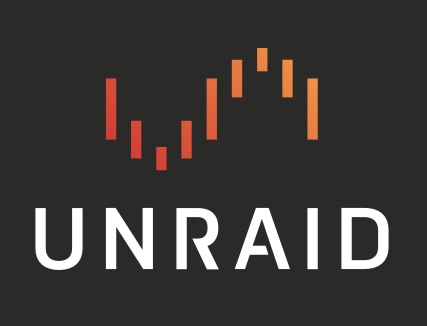- cross-posted to:
- [email protected]
- cross-posted to:
- [email protected]
The drives passes all SMART checks and has nothing flagging as a warning or fault, yet when I do a read test, I get all the errors.
It has seemingly gone away now I have swapped the SATA cable (connector P3) on my LSI card. Is this typical for a faulty connection?
Personally over the last 10 years I’ve had more sata cables fail on me than drives in my array. (Not counting mobile hard drives or laptop hard drives). If the error goes away you’re probably fine.
HOWEVER - I notice you don’t have a parity drive. This should be a warning and a giant red indicator that you need to add parity. That’ll save you if you have a drive fail out.
Usually a bad cable or connection will give you CRC errors, check your disks attributes and make sure there are no uncorrectable errors.
I don’t think SMART does much actual reading of the disk, its more looking at heuristics to see if its healthy.
deleted by creator
According to Unraid, errors are: “Errors counts the number of unrecoverable errors reported by the device I/O drivers. Missing data due to unrecoverable array read errors is filled in on-the-fly using parity reconstruct (and we attempt to write this data back to the sector(s) which failed). Any unrecoverable write error results in disabling the disk.”
Restarting the array will automatically get rid of the error count, but that doesn’t mean they are totally gone or that this fixes the issue.
Unfortunately, there isn’t much for you to do other than try things out and see if it happens again. I had recently this issue in which one of my Ports on my SAS RAID extender card that I use for Unraid produced errors. when I removed 2 drives from one of the ports and plugged them into a different one, the error went away.
This can also happen (at least from my experience) when you have insufficient cooling. So an LSI card with a heatsink might want/need a fan if your temperatures are too high or airflow not good enough.




